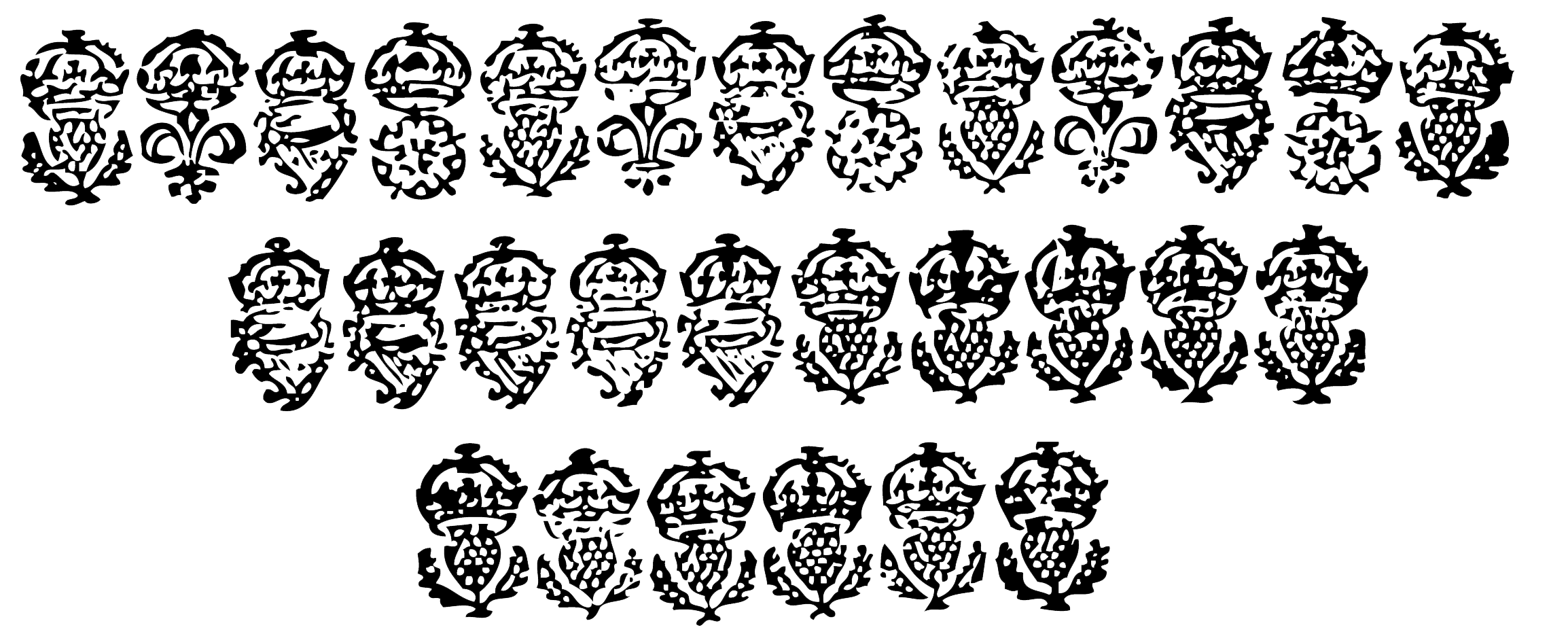Writing is closely tied to community: as writers, we write to engage, to enlist in, to be productive members of communities. Writing centers, likewise, are communal enterprises. As a writing center director, my philosophy is rooted in this understanding of community, and I see my work thus as essentially developing and facilitating community in three areas: community among the consultants, community among the consultants and the writers with whom they work, and community among the writing center and the institution at large.
In my current position as Director of the Reading-Writing Center (RWC) and Digital Studio (DS) at Florida State University, which include five different sites around campus, I emphasize developing a community among our graduate student consultants in a few specific ways. First, we have bi-weekly staff lunch-meetings that serve three primary purposes: (A) the consultants get to meet with one another, enjoy refreshments, and discuss the opportunities and challenges that their work has presented them since the previous meeting; (B) we focus half of each meeting on a special topic related to the work of the writing center (e.g. working with international students, working with new media projects, priming sessions for knowledge transfer, and so on), with presentations from invited speakers; and (C) we discuss administrative concerns related to ongoing policies and procedures. Second, consultants are invited to lead initiatives related to their writing center work. For instance, each fall we have a committee of consultant volunteers who are planning and implementing a set of campus-wide activities for the National Day on Writing (recognized each year on October 20). Third, we celebrate one another’s professional accomplishments with announcements at staff meetings and in group emails. These emphases and activities help form bonds among consultants that help them see themselves as part of a unified staff community.
A coherent community of consultants serves as the foundation on which they conduct their daily operations—working one-on-one with student writers. The attitudes and approaches that the consultants bring with them to their sessions with student writers is an extension of their interactions with one another and with me as director. At Florida State, our approach to writing consultation is to serve as a “practice audience” for students’ writing, with focuses on four specific facets of writing: process, rhetorical awareness, reflective practice, and transfer. This approach, which is in line with the contemporary literature on writing center research and which is cultivated here during the consultant-training process and reiterated in staff meetings, positions consultants neither as grammar experts nor as mavens of all possible genres or composing technologies but instead as rhetorical collaborators. So, consultants are encouraged to discuss composing not in terms of an arbitrary standard of correctness but rather in terms of how aspects of their composing may come across for certain audiences in certain contexts. In the right circumstances, this approach establishes a rapport between the consultant and the writer that helps develop rhetorically sophisticated practices. The anonymous feedback that we get from student surveys about their experiences with us indicates with near unanimity that those students value the time that they spend working with their consultants, and the number of repeat visitors that we see supports that indication as well.
While the work that we do in the writing center primarily serves the students who make appointments with us, walk through our doors, and attend consultations, we also serve the writing communities across the institution at large. One way we can do this is through workshops—on a particular genre, mode, or assignment. At FSU, we have conducted a number of RWC and DS workshops that are tailored specifically for various disciplinary communities, including personal statement workshops for math majors, peer review workshops for art classes, and a series of workshops on academic writing for students in the Doctorate of Nursing Practice program. A second way is through outreach activities, such as the National Day on Writing festivities, that prompt members of the university community to have conversations about writing in extracurricular settings. A third way is for consultants and others affiliated with the writing center to be ambassadors of the enterprise of writing in general—by talking with their colleagues from across the disciplines or students in their classes about what writing is and what it has the power to do. These services make the RWC a central player in the community of writers at FSU.
Each of these manifestations of community—among the consultants, among the consultants and the writers with whom they work, and among the writing center and the institution at large—are essential to a successful writing center. Furthermore, the successful writing center is one that is responsive and adaptive to the needs of writers at all levels from all disciplines, that has an evolving staff who are dedicated to working with writers to create better products by way of improved practices, and that enables students and faculty to be effective and successful writers and communicators. This is the kind of center that I work to maintain at FSU.


 Preliminaries
Preliminaries  Admin/Service
Admin/Service 

